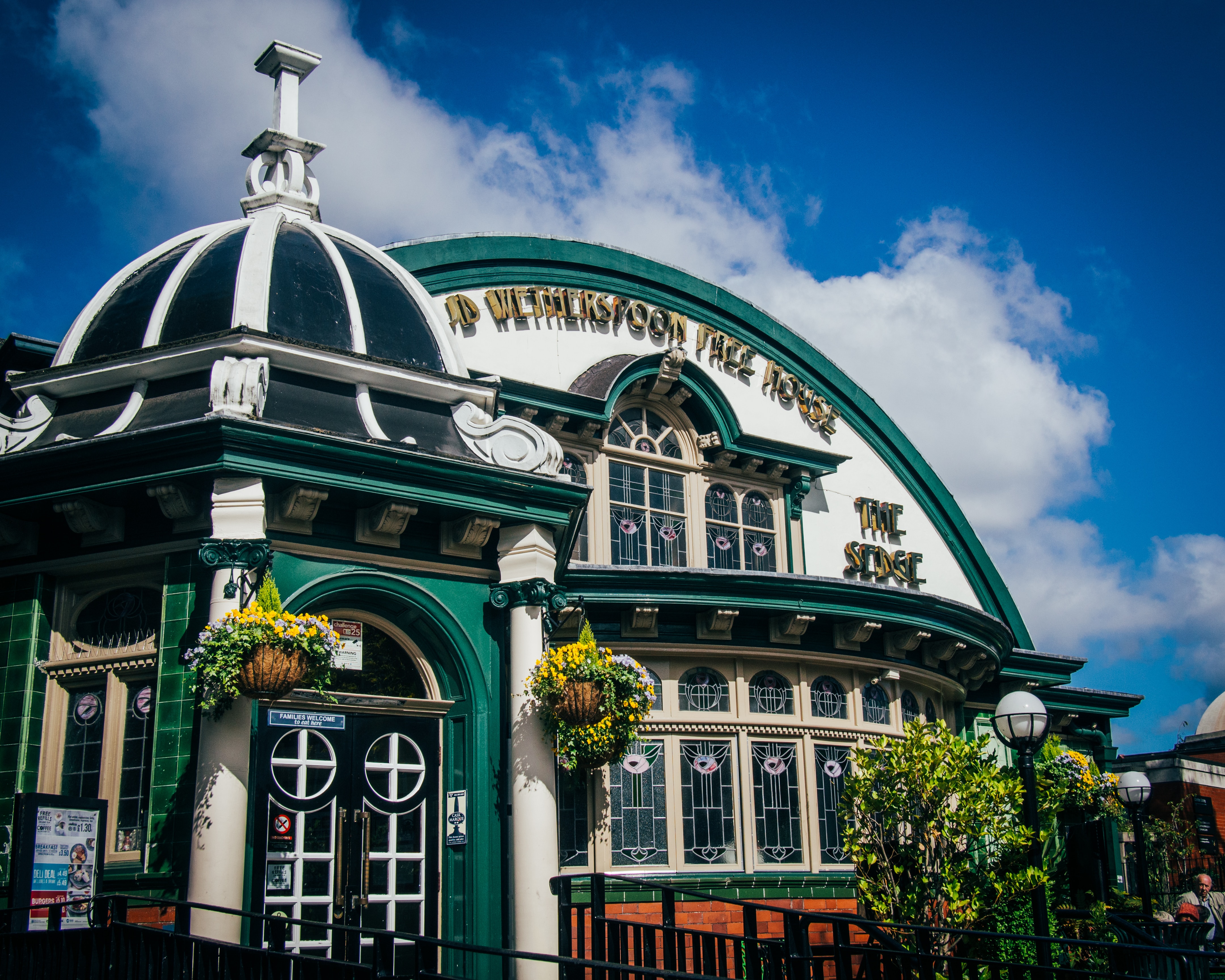JD Wetherspoon has stated that increases to the national living wage and employer national insurance contributions are set to cost the pub chain around £60m from April 2025.
The announcement came in the firm’s latest trading update for the six months to 26 January 2025, where like-for-like (LFL) sales were 5.1% higher year-on-year, with bar and food sales increasing by 4.5% and 5.6%, respectively.
For the Christmas period, covering the three weeks to 5 January, the group's LFL sales increased by 6.1% year-on-year. However, Wetherspoon’s hotel LFL sales dropped by 6.5% in the six months to 26 January.
Total sales fell slightly behind LFL sales, increasing by 4% in the year to date.
The firm said this was a result of a "small number of disposals" after it sold six pubs in the year, taking its current trading estate to 796 pubs.
With the estimated increases to labour costs, Wetherspoon's chairman, Tim Martin, has called on the Prime Minister to "redress" the difference in VAT exemptions for pubs and supermarkets.
He said: "Supermarkets pay no VAT in respect of food sales, whereas pubs pay 20%. This tax advantage allows supermarkets to subsidise the price of beer they sell.
"It is a clear principle of taxation that taxes should be fair and equitable, as between different types of companies. The VAT distortions that exist today will inevitably create more supermarkets and less pubs.
"Wetherspoon therefore calls upon Sir Kier Starmer (sic) to redress this imbalance, thereby striking a blow for tax equality and ending discrimination in favour of dull (yawn, yawn) dinner parties."
Despite these cost increases from April, Wetherspoon said it was "confident of a reasonable outcome for the year".
Head of equity research at Hargreaves Lansdown, Derren Nathan, stated that the firm's trading has "taken a couple of steps forwards", but upcoming changes are set to result in "one step back".
He concluded: "Forthcoming labour cost increases are set to hit Wetherspoon’s costs by around £60m. That’s nearly half of last year’s underlying profits, where margins have still not fully recovered to pre-pandemic levels.
"This is an unwelcome challenge, but the group is better placed than most in the industry to ride out these headwinds. The lower performing tail of the estate has been trimmed, and the group’s targeted selection of site openings with a captive passing trade, such as stations and holiday parks, seems a shrewd move to profitably drive-up market share."
© 2019 Perspective Publishing Privacy & Cookies










Recent Stories